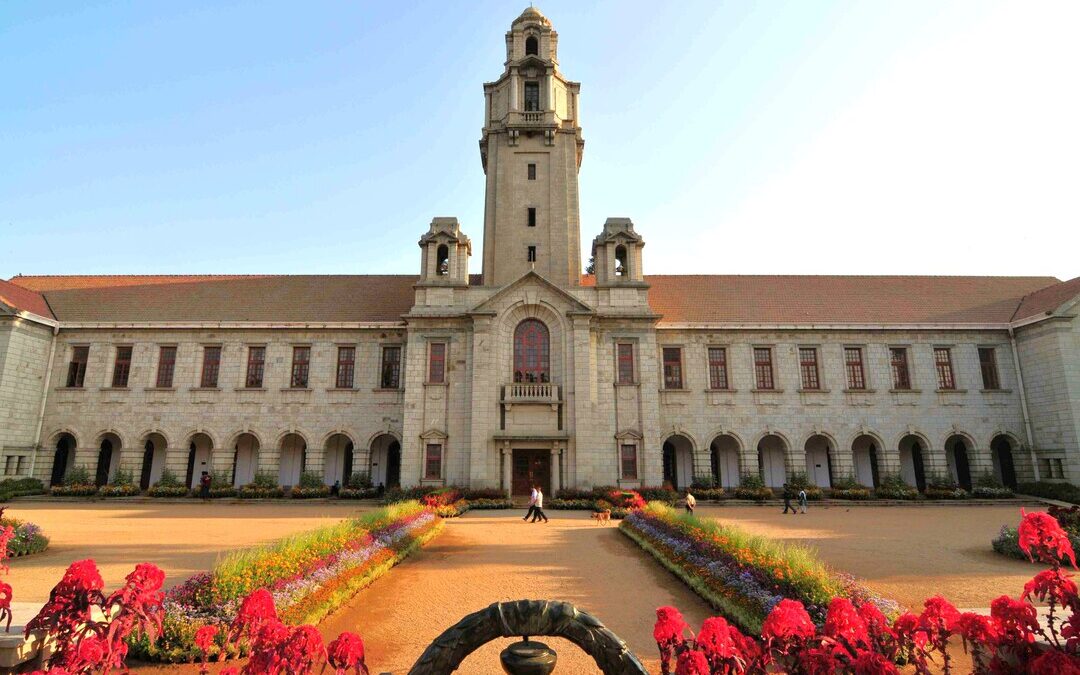IISc, Delta Electronics Unveil Faster Charging Tech for Electric Vehicles
IISc and Delta Electronics introduce a compact power converter to improve fast charging infrastructure for electric vehicle users.
Researchers at the Bengaluru-based Indian Institute of Science and Delta Electronics India have unveiled a novel power converter that promises faster and more efficient charging for electric vehicles, a step seen as crucial for India’s transition to clean mobility.
Conventional fast-charging stations rely on bulky line frequency transformers, which increase costs due to the heavy use of copper and iron. These systems also require multiple power conversion stages that reduce efficiency.
The IISc-Delta team has designed a cascaded H-bridge-based multiport DC converter that links directly to medium-voltage AC grids, eliminating the need for such transformers. Their findings were published in the IEEE Transactions on Industrial Electronics.
Boosting Efficiency and Cutting Costs
“Today’s high-power chargers are complex, with multiple conversion stages between the grid, the energy storage, and the vehicle battery,” said Kaushik Basu, associate professor at IISc and lead author in a press statement.
Basu added: “Our invention simplifies this process and offers a 3-5 percent improvement in efficiency. At megawatt scale, this means cost savings and smaller material footprints.”
The system is designed to be compact, which makes it easier to install in urban areas. It can also support simultaneous charging for multiple vehicles, an advantage for stations handling buses and cars at once.
Local Storage and Grid Support
The converter doubles as a bidirectional charging hub. It can store energy in local batteries and harness renewable sources, such as solar power. Notably, the device allows two-way power flow: from the grid to vehicles, and back to the grid during peak demand or outages.
“This feature means charging stations can ensure uninterrupted supply and even support critical facilities like hospitals in emergencies,” said Harisyam PV, the study’s first author.
From Lab to Real-World Scale
The researchers tested a 1.2-kilowatt lab-scale prototype, which delivered more than 95 percent efficiency. Plans are now underway to scale the system to handle megawatt-level charging.
As part of a national initiative backed by the Department of Science and Technology, IISc and Delta are setting up a 2,500 square foot laboratory in Bengaluru. The facility will showcase a converter capable of directly charging a 200 kW bus and a 50 kW car from an 11-kilovolt grid.
While designed for EVs, the technology could also benefit next-generation data centers, railway traction systems, and renewable energy integration.
“This project is aligned with India’s target of deploying nationwide fast-charging solutions within five years,” Basu said.
Also Read:
Breakthrough in Lithium Battery Design Promises Faster Charging, Longer Life
Nirmal Menon
Related posts

Subscribe
Error: Contact form not found.


